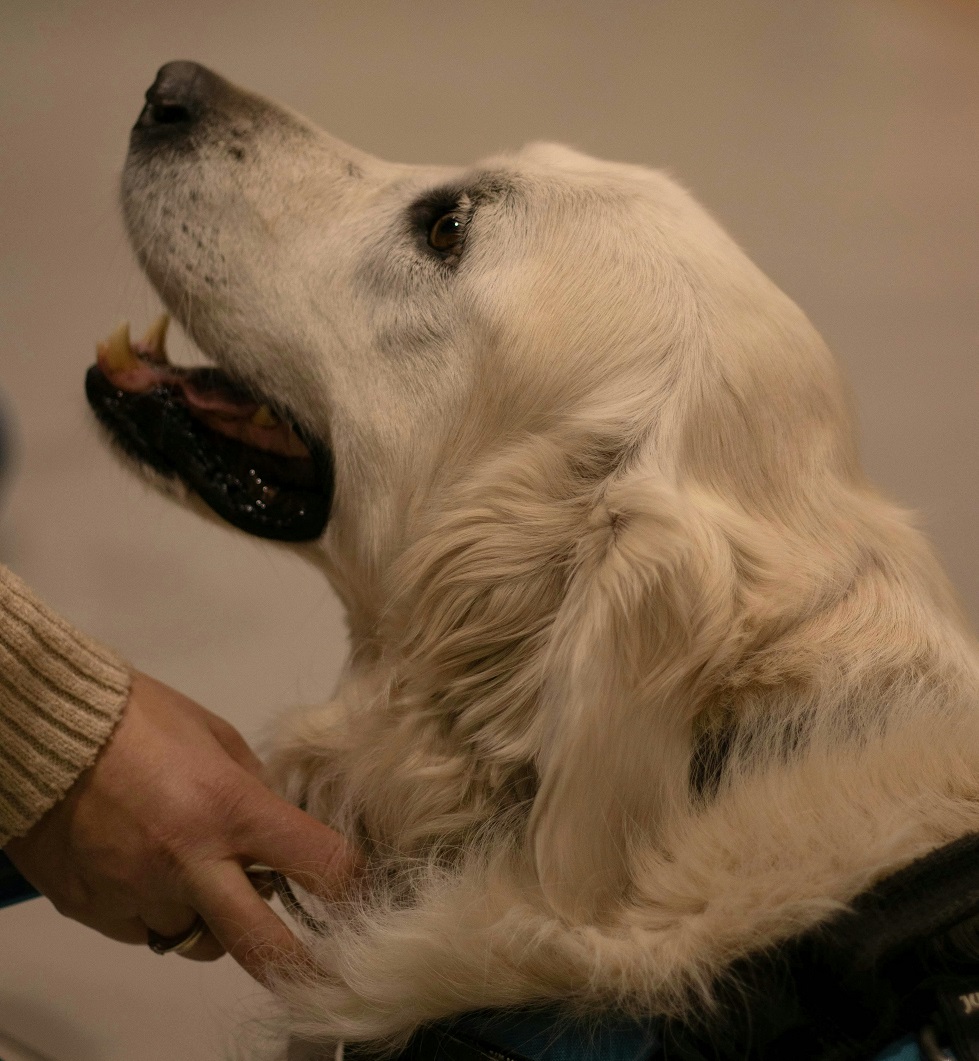How to Train Your Puppy Not to Bite is an understandable behavior, although it can be frustrating. Puppies have a natural impulse to explore the world with their mouths, but biting can become an issue if not addressed quickly. It is imperative for your puppy development not to bite and to have a harmonious household. Here are expert tips to gently and effectively curb your puppy’s biting behavior.
Understand Why Puppies Bite
Puppies can bite for various reasons, including during dental development, during playtime, or even when curious. It is natural for young dogs to bite as they explore their environment and understand body boundaries. Identifying the causes for biting can assist you in treating the matter efficiently. We should know our pet how to train your puppy not to bite.
Effective Tips: How to Train Your Puppy Not to Bite
Bite inhibition is a vital skill that teaches puppies how to modulate the severity of their bites. To teach this:
- If your puppy bites too hard while playing, let out a loud “yelp” or “ouch” to mimic the reaction of a sibling puppy.
- Do not stop playing and avoid them for a few seconds.
- Continue playing once they settle down.
- Doing this every time will teach your puppy that biting is a fun killer.
Guide to Correct Chewing Toys
Allow your puppy to chew and bite on things like chew toys to make everything easier. After that, if you find your puppy biting you, redirect their attention immediately to a toy. Praise or treat them when they chew on the toy and not you.
Use Positive Reinforcement
Capture the gentler play and non-biting to reward. Treats, verbal praise and petting can reinforce the message that good behavior is more rewarding than biting. Be consistent—always acknowledge and reward good behavior.
Avoid Rough Play
Tugging with a puppy promotes biting and nipping. Keep playing gently and avoid games like tug-of-war, which could heighten their desire to bite. Choose games such as fetch or exercises to funnel their energy.
Establish Boundaries Early
Show your puppy what is good and what is bad. Yell a firm but gentle “no” or “stop” when they bite. Do not yell or physically punish your puppy, as this can cause fear and anxiety.
Adequate Socialization
This helps him grow into a well-adjusted dog who knows how to behave around other dogs and people. Well-mannered adult dogs will defuse this bitey interaction by walking away, which the pups quickly learn is the socially acceptable option. Here’s another great tool: puppy socialization classes can help teach them good manners.
Stay Consistent and Patient
It takes time and you need to be consistent to train a puppy not to bite. Everyone in your household should adhere to the same guidelines and utilize the same training techniques so as not to confuse your puppy. Your puppy will learn, and patience and persistence will pay off.
Use Timeouts if Necessary
If your puppy still bites your hand despite redirection and training, do some short time-outs. Get them out of the situation for a minute or two so they have a chance to chill out. In this way, they learn that biting leads to a loss of attention and playtime.
If needed, consult a professional trainer
If frequent or aggressive biting occurs, then we advise consulting with a professional dog trainer or behaviorist. They’ll be able to provide you with personalized guidance to specifically address your puppy’s needs.
Here are detailed instructions on how to train your puppy not to bite:
1. Understand Why Puppies Bite
One should know how to train your Puppy not to bite. Generally, puppies bite for one or more of the following reasons:
Puppies, like human babies, have a teething phase usually spanning three to six months old. To calm their gums, they might chew on anything in sight throughout this period.
Puppies investigate their surroundings using their lips, much like people use their hands.
Normal play activity might include biting, particularly in interactions with other dogs or humans.
Sometimes, pups bite to get attention or to start a game.
2. Get started early. Socialization is essential.
Start teaching your puppy not to bite early on. The earlier you begin, the easier it will be to correct this tendency. Puppies are most receptive to learning new things between 8 and 16 weeks old. One of the best ways to help your puppy grasp appropriate behavior is by socializing it with other dogs and humans.
Introduce your puppy to various situations, environments, and people, ensuring that they experience different sounds, smells, and textures. During socialization, encourage your puppy to socialize with other dogs that display calm and kind behavior.
3. Apply the “Yelp” Method.
One of the most effective ways to learn a puppy not to bite is to replicate the behavior of other puppies. When a puppy bites too hard during play, other puppies will often let out a sharp yelp. This Yelp review says the bite hurt too much.
To copy this, scream out a loud, high-pitched “ouch,” or “no,” right away when your puppy bites you, then momentarily stop interacting with them. This tells your puppy that their behavior is unacceptable and that playfulness ceases when they bite. After a few seconds, resume play, but use this approach consistently. Your puppy will come to know over time that biting results in the stopping of enjoyable activities.
4. Redirect Biting Behavior
When your puppy starts to bite, redirect their attention to a chew toy or a more appropriate item. This clarifies for them that, on some objects, chewing and biting are allowed; on human hands, clothing, or furniture, they are not.
Puzzle toys or teething toys can also keep your puppy interested and assist with teething discomfort relief. These toys can help their biting impulses find a positive release and stop them from turning to more damaging activities.
5. Apply positive reinforcement.
Positive reinforcement is one of the most effective training techniques. When your puppy behaves properly, reward them with praise, cookies, or a favorite toy. Reinforcing good behavior helps youngsters link favorable consequences with acceptable acts, such as playing without biting.
For example, if your puppy plays gently without biting, praise them immediately and give them a treat. Here consistency is crucial; every time your puppy refrains from biting, praise them and they will be more likely to engage in the behavior once more.
6. Time-Outs for Biters
If your puppy continues to bite despite your best efforts, consider using a time-out method. When they bite, calmly remove them from the situation by putting them in a quiet, safe space for a few minutes. This pause from engagement lets the puppy realize that biting causes attention or playfulness to fade.
Steer clear of too long time-outs since they will perplex your puppy. A brief time-out is enough to stress that biting leads to negative consequences.
7. Avoid Physical Punishment
Physical punishment, such as hitting or yelling, can cause fear and anxiety in your puppy, which can worsen biting behavior. By means of positive reinforcement, consistency, and patience, concentrate on teaching your puppy what is acceptable behavior instead of imposing punishment.
8. Consistency and Patience
Puppy training calls both consistency and time. Ensure everyone in your household is on the same page when it comes to training techniques. Should some family members let the puppy bite while others forbid, the puppy may become confused and development may be delayed.
Puppies can take several weeks to completely realize that biting is unacceptable, hence be constant and patient. Your puppy will learn to limit their biting over time and appreciate good contacts with you and others.
9. See Professionals Should You Need Them
See a professional dog trainer or behaviorist if the biting behavior of your puppy continues or gets more hostile. Professional behavior assessment of your puppy will allow you to customize advice to handle any underlying problems.
Last Thoughts on How to Train Your Puppy Not to Bite
How to train your puppy not to bite is essential for both their development and your peace of mind. By understanding the reasons behind their biting, using effective training techniques, and being consistent, you can teach your puppy appropriate behavior. Always avoid physical discipline; keep in mind to be patient and reward good behavior. With the right approach, your puppy will grow into a well-behaved and happy adult dog.

